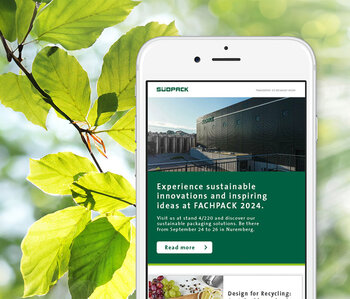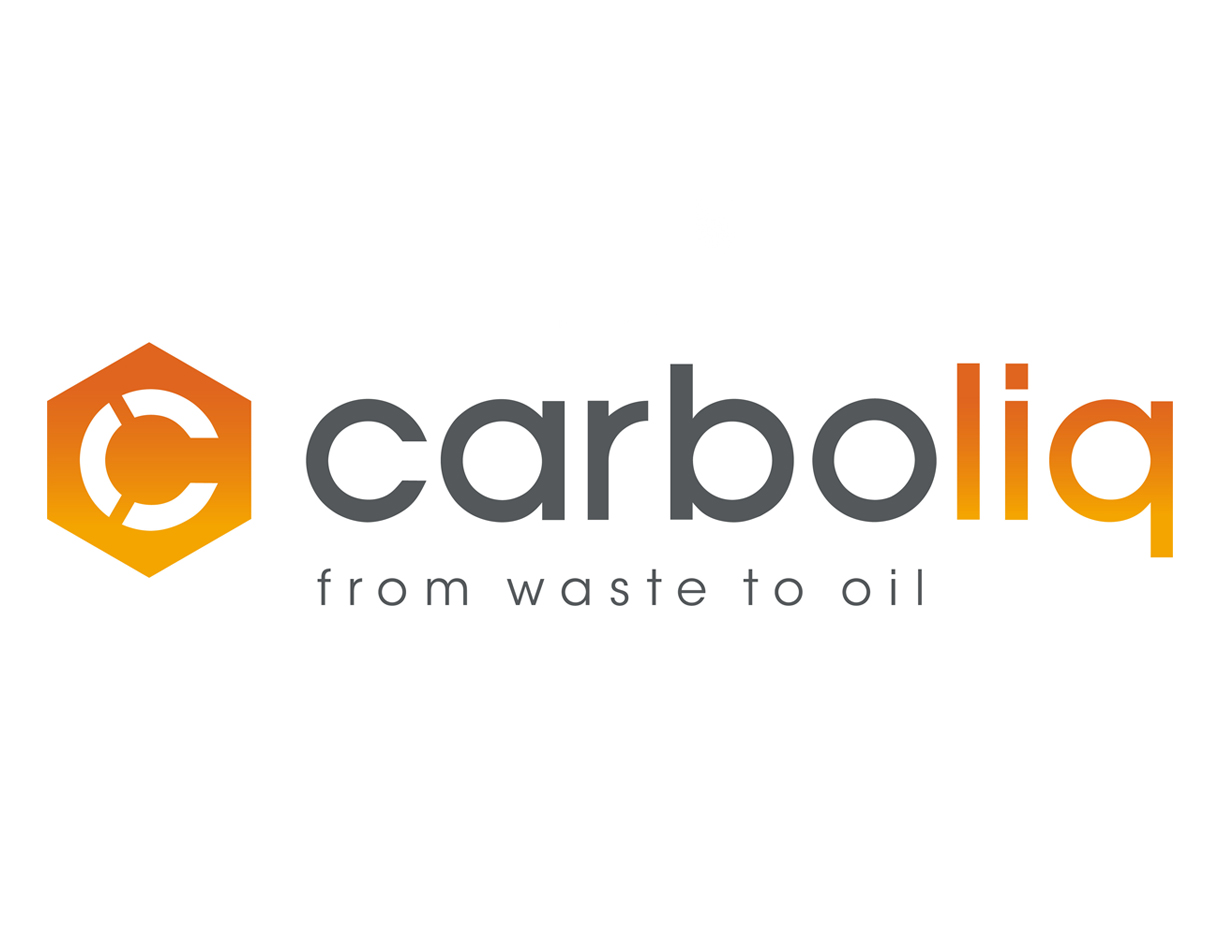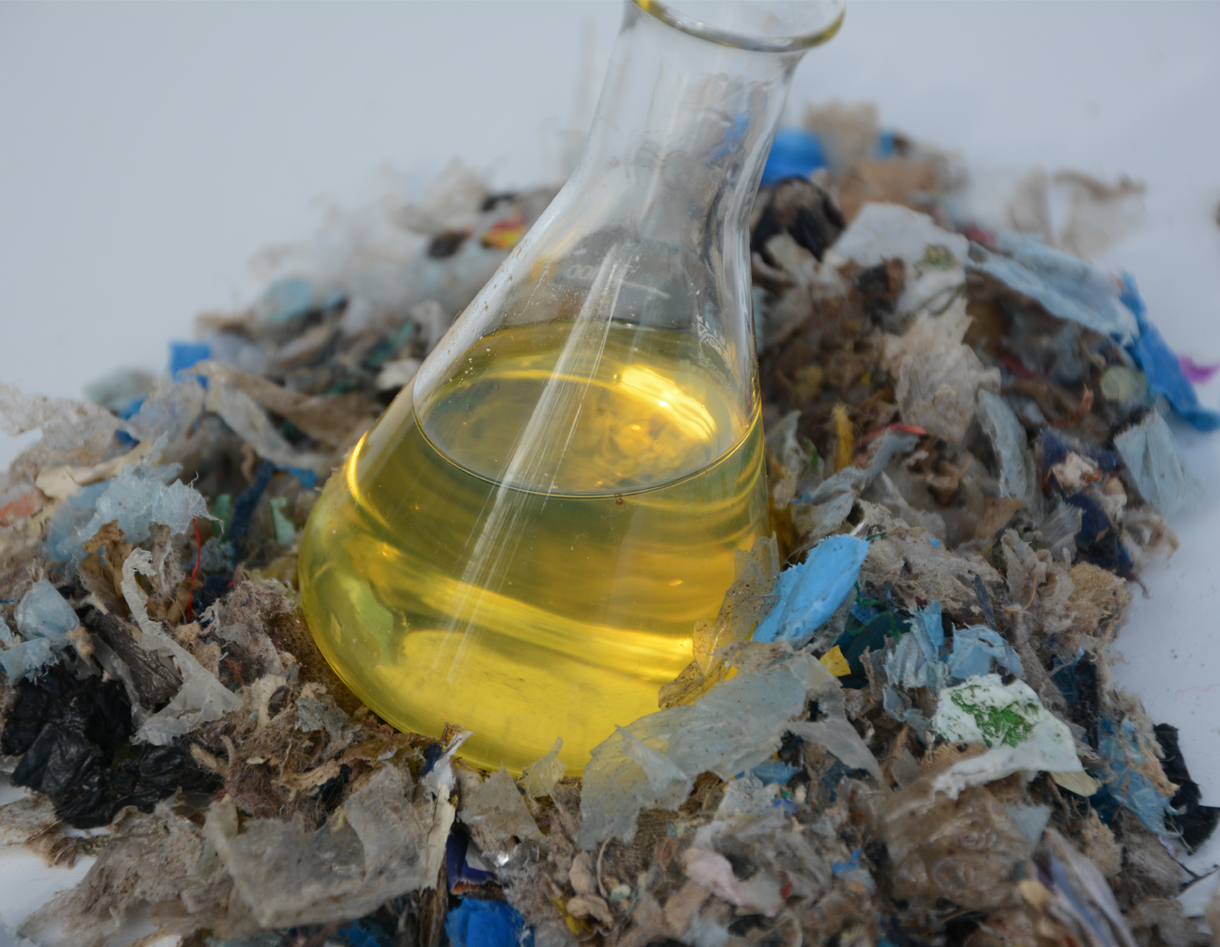
SÜDPACK Newsletter
Receive regular updates about SÜDPACK, our products and sustainability topics.
Carboliq GmbH specializes in raw materials recovery. It has developed a groundbreaking process for converting various plastic fractions into oil. The energy for the carboliq process is introduced into the process exclusively by mechanical friction. This results in an extremely low energy consumption for a chemical recycling process. If 100% renewable energy is used, the process is therefore completely carbon-neutral. Depending on the infeed material, high yields of over 80% can be achieved. The crude-oil substitute produced (CLR – circular liquid resource) is a virgin-grade raw material that can be used e.g. for producing new plastic granules. This enables manufacturers in the plastics industry to reduce their use of fossil raw materials. The granules are also suitable for the production of new, high-performance films for packaging sensitive products that require exacting standards of quality and hygiene. This is an essential aspect for SÜDPACK, which prioritizes product protection above all else. Not only for sustainability and resource saving, but also in the interests of consumers.


The common aspect of carboliq and other gasification or pyrolysis processes is that solid, organic infeed materials (plastics and biomass) are converted into oils and gases by breaking down (cracking) the hydrocarbon chains. The direct liquefaction in a single-stage process is characterized by the high liquid portion, which is due to the low reaction temperature (below 400°C) and long dwell time in the reactor.
The carboliq process runs on friction, i.e. frictional heat. For this purpose, special rotating machines were developed that achieve an extremely high mixing performance and simultaneously introduce the required energy directly into the material via shearing forces. The heated, homogeneous process medium circulates inside the reactor until the chain lengths are so short that the material evaporates. The vapor is then condensed in a spray cooler. Next, the condensate is channeled into an oil-water separator for phase separation. The product is filled into tanks, while the process water is collected and purified.
Due to the low process temperatures (below 400°C) and the introduction of energy into the material by means of friction, the plastic passes almost seamlessly from its solid phase to its liquid phase (oiling). The gaseous phase accounts for less than 2% of the process. Currently, this gas is thermally recycled, but it can also be used on a larger scale to generate electricity in a combined heat and power plant.
No chemicals are used in this process. Only a powdered silicate is added as a catalyzer which accelerates the oiling process and enables it to take place at low temperatures. The energy consumption is also relatively low due to the low process temperature. When the recyclable fractions are converted into oil, over 90% of the energy contained in the material is retained.